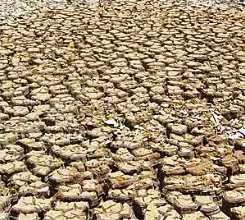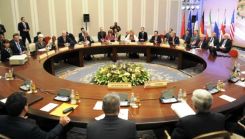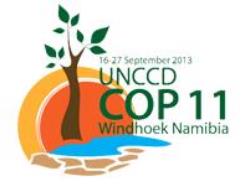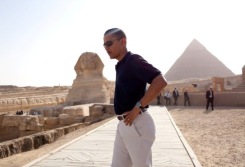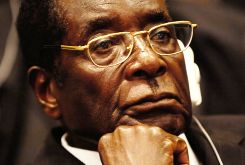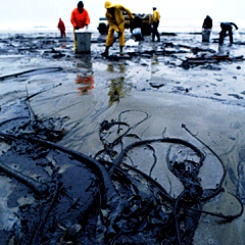By Jutta Wolf | IDN-InDepth NewsAnalysis
BERLIN (IDN) – The doomsday clock has not yet struck zero hour but it is now beyond scientific doubt that atmospheric concentrations of carbon dioxide (CO2), one of the greenhouses gases responsible for climate change, have reached levels that are higher than any time during the past one million years.
As Markus Reichstein, Director at the Max Planck Institute for Biogeochemistry (MPI-BGC) in Jena points out, increasing atmospheric concentrations of greenhouse gases do not only lead to gradual ‘global warming’, but also to changed patterns of rain and snowfall (precipitation), more weather extremes such as heat waves, longer dry spells, variability of growing season length, recurrent heavy rainfall, and storms. And, there is general concern that climate change will have fundamental impacts on our natural environment, our economic activities and life.

